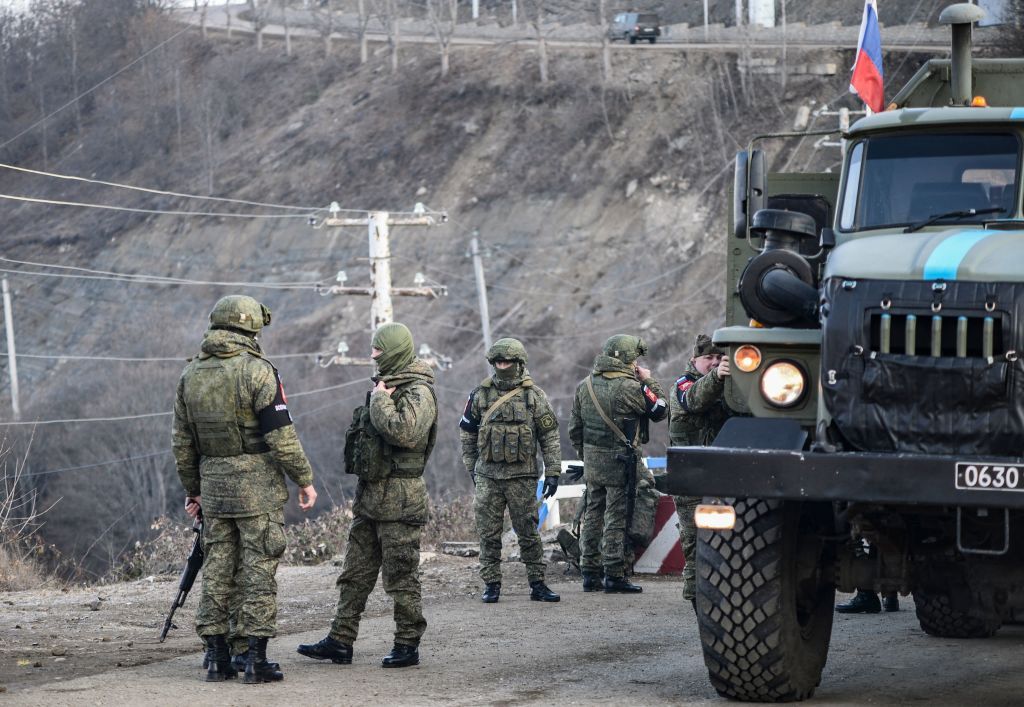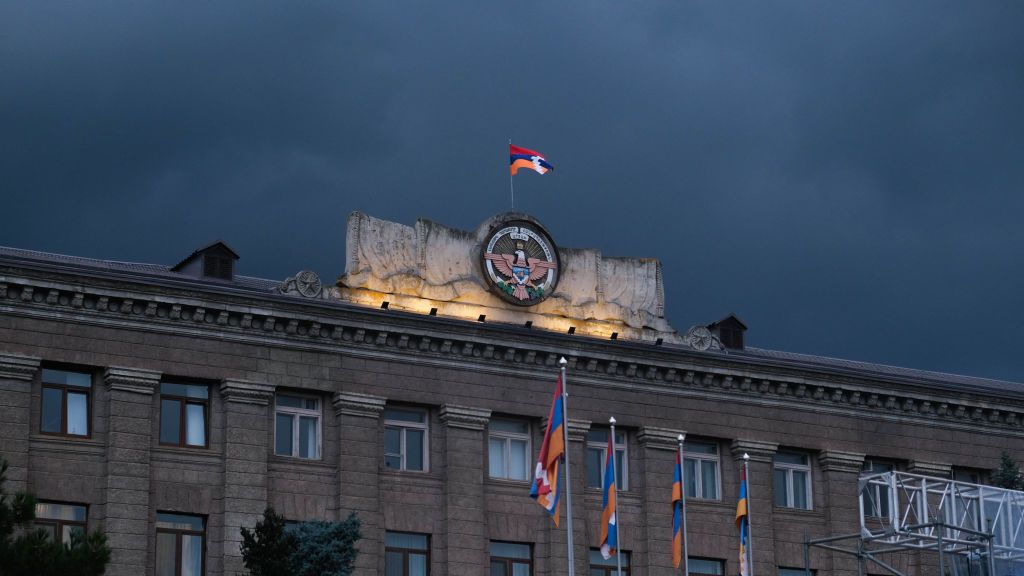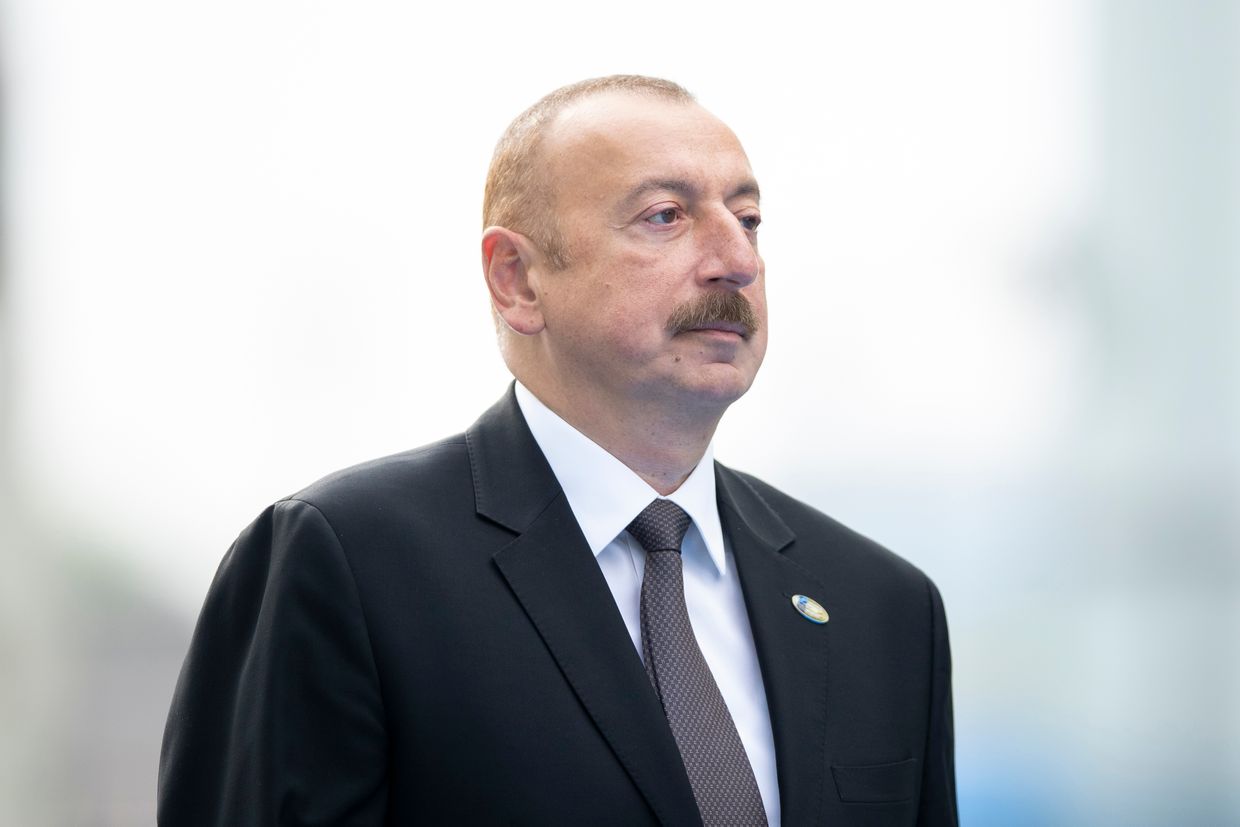Azerbaijani authorities project a situation in which ethnic Armenian fighters in Nagorno-Karabakh will receive amnesty in exchange for laying down their arms, said Hikmet Hajiyev, a foreign policy advisor to Azerbaijani President Ilham Aliyev, in an interview with Reuters.
Following the successful 24-hour offensive by the Azerbaijani military against the breakaway Nagorno-Karabakh region, a ceasefire was brokered with the condition that the Armenian Nagorno-Karabakh Defense Forces must be disbanded and disarmed.

The Armenian authorities in Nagorno-Karabakh have agreed with the terms of the ceasefire but also seek further security guarantees before they fully disarm. Hajiyev also stated that some individual groups and units of the Armenian defense forces have pledged to continue fighting, although he did not consider them to be a "big security challenge."
Hajiyev said that the rights of the Armenian population in Nagorno-Karabakh would be respected during the process of reintegration and announced new humanitarian aid packages.
Armenia has accused Azerbaijan of "ethnic cleansing" numerous times and accused Baku of violating previous agreements.
Nagorno-Karabakh is recognized as Azerbaijan's territory under international law. Its population of 120,000 is predominantly Armenian.
The territory declared independence in 1991 with Yerevan's military support. Until 2020, Armenia de facto controlled Nagorno-Karabakh together with the surrounding regions.
In 2020, Azerbaijan launched a military operation establishing control over parts of Nagorno Karabakh.
In November 2020, Russia brokered an armistice between Armenia and Azerbaijan. Moscow sent forces to patrol the Lachin corridor, the only road connecting Nagorno-Karabakh with Armenia.
In 2022, Yerevan accused Russia of failing its peacekeeping mission when Moscow began withdrawing its troops in 2022 and allowed Azerbaijan to blockade Nagorno-Karabakh, preventing basic supplies from reaching the population.














